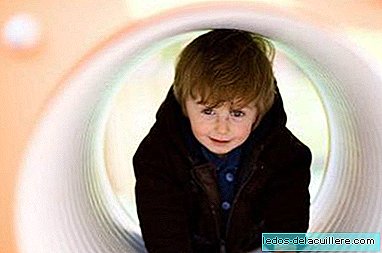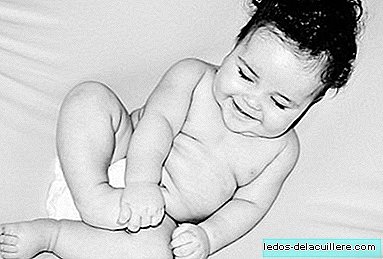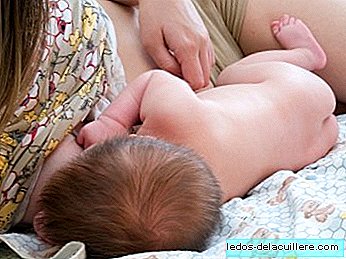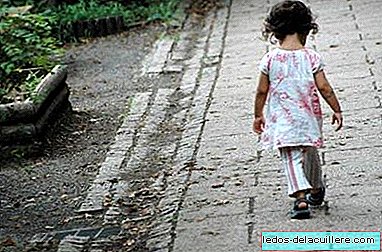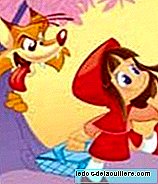
On one occasion a mother in the park told me that she had never read her child a Classic Story because they seemed cruel and gender roles appear stereotyped.
Many think like this mom in question. Some pedagogues, psychologists and related professionals do not support the reading of Classic stories. The original stories have passages that for many can be macabre as if the wolf ate the little riding hood, or two of the little pigs. Or that Cinderella's stepsisters cut their fingers to fit the crystal slippers, or crack a wolf through the belly to save the seven kids. However, the editions that have come to our hands are softened and the “strong” endings have been changed, as in the Disney versions, which eliminate the “substance” from the story. Bruno Bettelheim, in his book "Psychoanalysis of fairy tales" rescues and analyzes their usefulness in the process of maturation and understanding of the reality of children. For this author the classics "face the child with harsh realities, which constitute basic human conflicts." "These stories speak of the strong internal impulses in a way that the child can unconsciously understand and offer examples that the difficulties that press him are overcome."
The stories reflect, through centuries of repetition and refinement, the existential problems and anxieties that children experience: the need to be loved, the fear of abandonment, the fear of death, the desire to live forever. At the same time, they offer solutions that are within reach of the child's level of understanding and indicate, in a very general way, that the only thing that can help us in the search for meaning is the formation of a really satisfactory link with another person.



